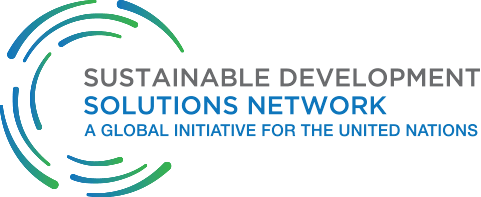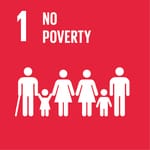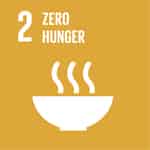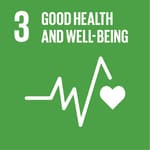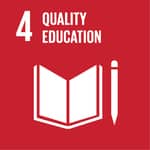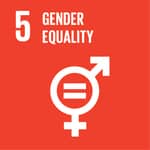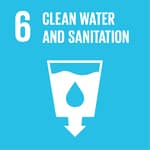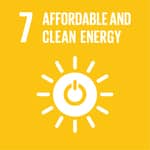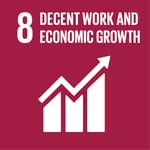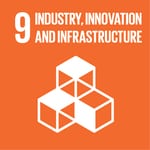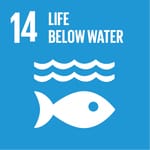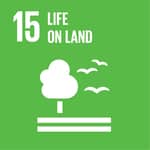It seeks to mobilize scientific and technical expertise from academia, civil society, and the private sector in support of sustainable development problem-solving at local, national, and global scales. To this end, it is building a network of universities, research centers, and other knowledge institutions. With over 1,200 members, which are organized around national or regional SDSNs to promote Solutions Initiatives, develop educational materials, and work towards the Agenda 2030. In 2015 the Agenda 2030, which includes the Sustainable Development Goals (SDGs), was set up and succeeded the Millennium Development Goals. The 17 SDGs are the guiding principles of SDSN and provide a holistic framework, applicable to all countries, aiming to eradicate poverty and deprivation, but also to grow our economies, to protect our environment, and to promote peace and good governance. The network’s secretariat is hosted by Columbia University.
Networks:
Programs:
- The SDG Academy creates and curates free, graduate-level online courses on sustainable development that are offered through org. So far there are 20+ courses that are built around the 17 SDGs and look into topics like planetary boundaries, global water crisis, sustainable cities, climate actions, oceans, sustainable food production, etc.
Research & Policy Work:
- Climate & Energy
- Sustainable cities: inclusive, resilient and connected
- Good governance of extractive & land resources
- Health for All
- SDG Index & Monitoring
- SDG Financing Initiative
- Thematic Research Network on Data and Statistics (TReNDS)
- The world in 2050
Publications:
- A library of reports, data, briefs, working papers, etc.
- A monthly Newsletter
HIGHLIGHTS:
- The Age of Sustainable Development – This free online MOOC is part of SDSN taught by Jeffrey Sachs. It is based on a book of the same title published by Columbia University Press (2015, 543p). The 14 lectures/chapters cover sustainable development, economic development, the Millennium Development Goals, ending extreme poverty, growth within planetary boundaries, human rights and gender equality, education, health, food, cities, climate change, biodiversity, and the new Sustainable Development Goals.
- Sustainable Development Report (Bertelsmann Stiftung & SDSN; June 2019, 478p, digital executive summary) – An annual global report of country indicators that presents the SDG Index and Dashboards. Measures SDG starting points at the country and regional level, to help identify priorities for action to achieve goals by 2030. The top 10 consists solely of European countries. Denmark is ranked #1, Germany #6, Canada #20, USA #35, China #39, Brazil #57, India #115, and Nigeria #159.
- Six Transformations to achieve the Sustainable Development Goals (Sept 2019, 12p) – Introduces the concept of six transformational “building-blocks of SDG achievement: (1) education, gender and inequality; (2) health, well-being and demography; (3) energy decarbonization and sustainable industry; (4) sustainable food, land, water and oceans; (5) sustainable cities and communities; and (6) digital revolution for sustainable development.”
- Pathways to Sustainable Land-Use and Food Systems (2019, 330p) – Presents “preliminary pathways towards sustainable land-use and food systems prepared by the 18 country teams from developed and developing countries, including the European Union. The aim of these pathways is to determine and demonstrate the technical feasibility of making land-use and food systems sustainable in each country.”
- Roadmap to 2050: A Manual for Nations to Decarbonize by Mid-Century (Sept 2019, 144p) – Includes the “expert input from more than 60 engineers and industry leaders who participated in an April 2019 workshop organized around power, industry, transport, and buildings decarbonization.” Outlines six pillars (1) Zero-Carbon Electricity, (2) Electrification of End Uses, (3) Green Synthetic Fuels, (4) Smart Power Grids, (5) Materials Efficiency, (6) Sustainable Land-Use.
- Towards A Framework For Governing Data Innovation: Fostering Trust In The Use Of Non-Traditional Data Sources In Statistical Production (2021) – Seeks to cultivate a “better understanding of the governance factors that improve trust and confidence in the use of non-traditional data sources for official statistical production, with a focus on legal arrangements, quality assurance practices, and policy changes.”

